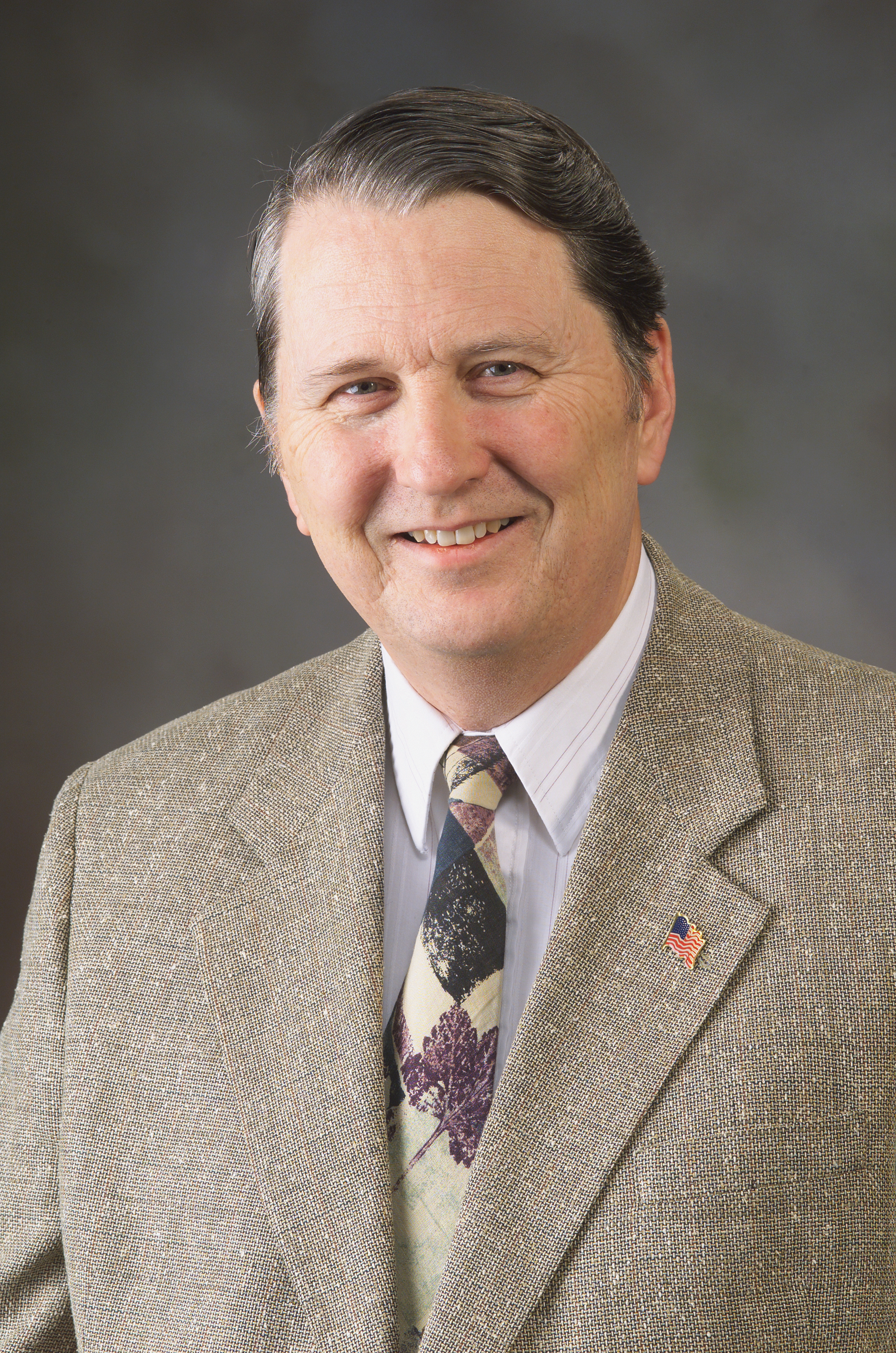William A. Davis honored with emeritus status

William A. Davis, professor of electrical and computer engineering in the College of Engineering at Virginia Tech, has been conferred the title of “professor emeritus” by the Virginia Tech Board of Visitors.
The title of emeritus may be conferred on retired professors and associate professors, administrative officers, librarians, and exceptional staff members who are specially recommended to the board of visitors by Virginia Tech President Charles W. Steger. Nominated individuals who are approved by the board of visitors receive an emeritus certificate from the university.
A member of the Virginia Tech community since 1978, Davis has made significant contributions to research in the areas of antennas, electromagnetic fields, microwave and nonlinear measurements, communications circuits, radio engineering, and wireless applications. He has received more than $3 million in external research funding and has been awarded two U.S. patents.
Davis is a senior member of the Institute of Electronics and Electrical Engineers (IEEE) and is the current chair of Commission A (Metrology) of the International Union of Radio Science (URSI).
In his career, he has written 45 journal articles, 63 conference papers based on the full paper, 11 conference papers based on the abstract, and four book chapters. Davis has been published in significant archival literature such as IEEE Transactions on Antennas and Propagation, IEEE Antennas and Propagation Magazine, Radio Science, and IET: Microwaves, Antennas, and Propagation. Prestigious conference proceedings in which he has published include IEEE APS/URSI International Symposia, USNC-URSI National Radio Meeting, and URSI International General Assembly and Scientific Symposium. He has delivered 17 meeting talks.
Davis taught a wide range of courses from the sophomore to the advanced graduate levels. He has advised numerous undergraduate and graduate students during his career, and has served as the graduate advisor for 24 master’s degree students, 15 Ph.D. students, and nine non-thesis graduate students. He has two master’s degree students and one Ph.D. student still in process.
He received his bachelor's degree, master's degree, and doctoral degree from the University of Illinois.
Dedicated to its motto, Ut Prosim (That I May Serve), Virginia Tech takes a hands-on, engaging approach to education, preparing scholars to be leaders in their fields and communities. As the commonwealth’s most comprehensive university and its leading research institution, Virginia Tech offers 240 undergraduate and graduate degree programs to more than 31,000 students and manages a research portfolio of $513 million. The university fulfills its land-grant mission of transforming knowledge to practice through technological leadership and by fueling economic growth and job creation locally, regionally, and across Virginia.




